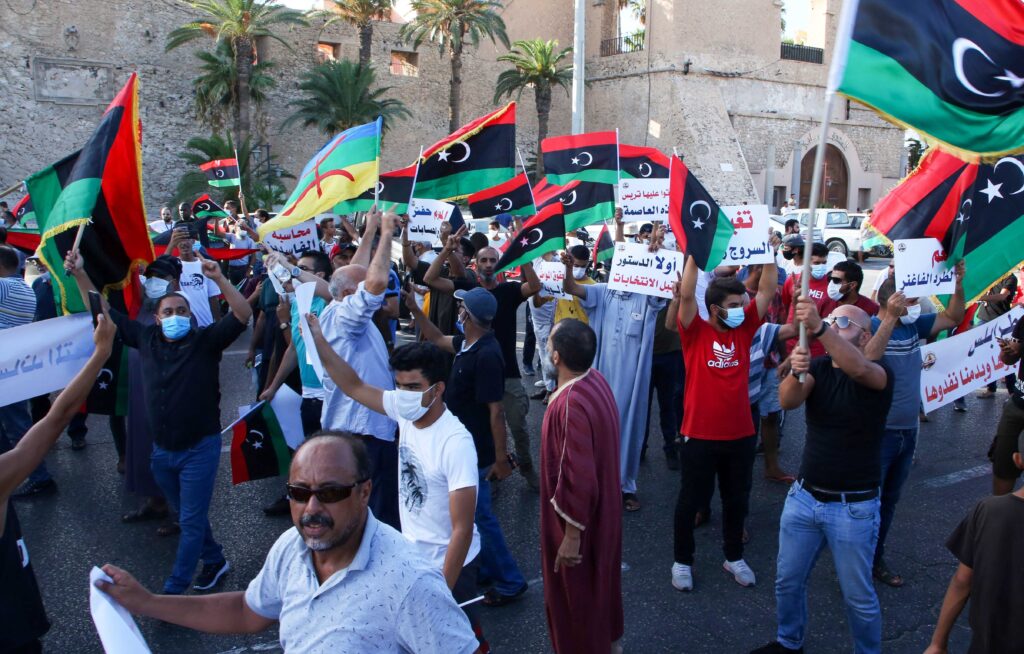Libya’s long-delayed elections will be held under a new government “to ensure integrity of the electoral process”, according to new elections laws agreed between the High Council of State and the House of Representative in Morocco.
Article 85 of the presidential election law further stipulates that neither the prime minister of this new government nor any of its members will be eligible to run for elections.
This comes as a blow to Prime Minister Abdul Hamid Dbeibeh who expressed on multiple on occasions his government’s intention to organize the elections. Dbeibeh’s government was created in 2021 as part of a U.N.-backed process, but it was only supposed to govern until national elections that were planned for the end of that year.
Notably, the law also stipulates the candidates must not be dual citizens. The eligibility of candidates, including their nationality, have long bedevilled Libya’s political process.
The law also states that the presidential elections will be held in two round, regardless of the percentage of votes that candidates receive in the first round. Only the top two candidates will qualify to the second round.
Candidates must leave public office, whether in government or military, once the High National Election Commission (HNEC) approve their entry to the presidential race, according to Article 17 of the law.
The date of elections will be determined by the High Council of State and the House of Representative in coordination with HNEC, as per Article 23 of the law.
